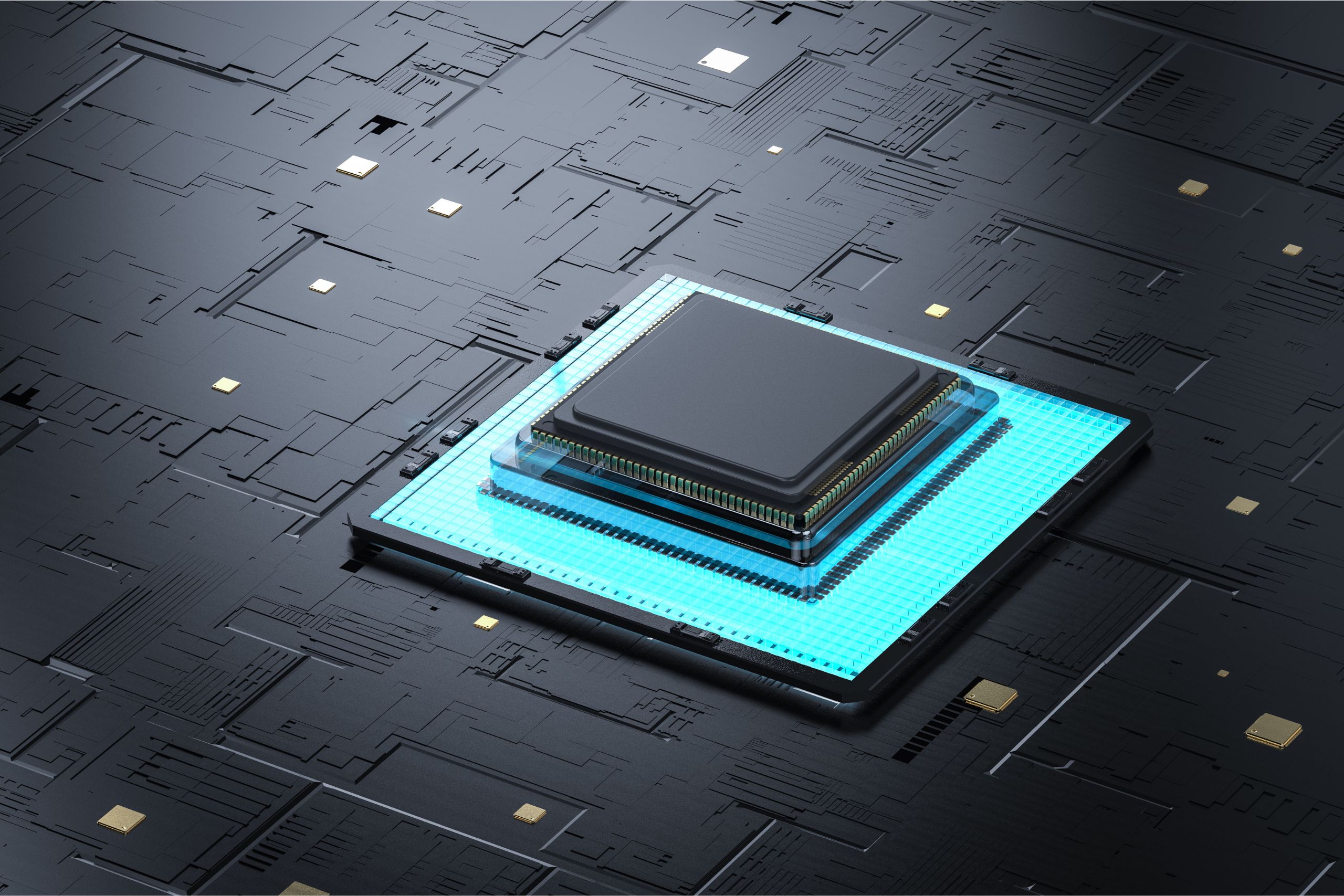The advantages of quantum computers for Bulgarian SMEs
As the technological revolution progresses, quantum computers are emerging as the next big breakthrough in information technology. And while these super powerful machines are still early in their development, their potential is huge and will have an ever-increasing impact on various business sectors. Small and medium-sized enterprises (SMEs) must also be ready for this change.
Understanding Quantum Computing
To understand how quantum computers can help Bulgarian SMEs, we first need to understand how they work. At the heart of quantum computers is quantum mechanics, a branch of physics that explores the world of the smallest particles. Instead of bits that can be either 0 or 1 as in traditional computers, quantum computers use quantum bits, or qubits, that can exist in multiple states at once. This allows quantum computers to perform many operations simultaneously and solve complex problems much faster than traditional computers.
Advantages of quantum computing for SMEs
- Accelerated computing time: The main advantage of quantum computers is their ability to perform calculations at incredible speed. This can be particularly useful for SMEs that process large volumes of data or deal with complex mathematical problems.
- Expanding data capabilities: With quantum computers, SMEs can manage and analyze large volumes of data in ways that are impossible with traditional computers. This can be particularly relevant for sectors such as finance, healthcare and logistics, where data processing plays a key role.
- More efficient operations: With faster computing time and higher data processing, quantum computers can help SMEs optimize their operations. This can include everything from improving logistics processes to automating data analysis.
- Security: Quantum cryptography, using the principles of quantum mechanics, can offer unbeatable information security, providing better protection for sensitive business data.
Costs and availability of quantum computers
As one might guess, quantum computers are currently not widely available to the public and are extremely expensive and difficult to manufacture. In most cases, these machines are owned or operated by large corporations, research institutions and government bodies, so access to them depends on the access conditions of these commercial enterprises and institutions.
However, companies can leverage quantum computing resources through cloud services offered by companies such as IBM, Microsoft, Rigetti Computing, D-Wave, and Google. The cost of using these services can vary depending on the time and resources used, but typically ranges from a few dollars to several thousand dollars per hour.
Prices for quantum computers in 2023 are still high, with equipment for most systems costing hundreds of thousands of dollars. Quantum computing systems like IBM's are sold for tens of millions as part of full services in a few years. By comparison, Microsoft's cloud quantum computing service, Azure, allows early adopters to use $500 in Azure Quantum credits for free at any participating quantum equipment vendor. AWS, another quantum computing provider, offers pricing plans for using the cloud service that start at $29 per month and include AWS support.
Many industry experts predict that the prices of quantum computers will continue to decrease over time as the technology advances, making their use increasingly affordable for a wider range of businesses and organizations. We are still in the early research and development phase of the quantum industry, and although unit prices are high, they are expected to decrease in the future.
Certainly, quantum computing is still far from becoming an everyday reality for most SMEs. However, they represent a revolutionary technology that is developing rapidly and that SMEs should keep a close eye on. At the Rousse Chamber of Commerce and Industry, we are committed to informing and supporting our members on the way to the quantum era. We have an exciting and challenging journey ahead of us.






